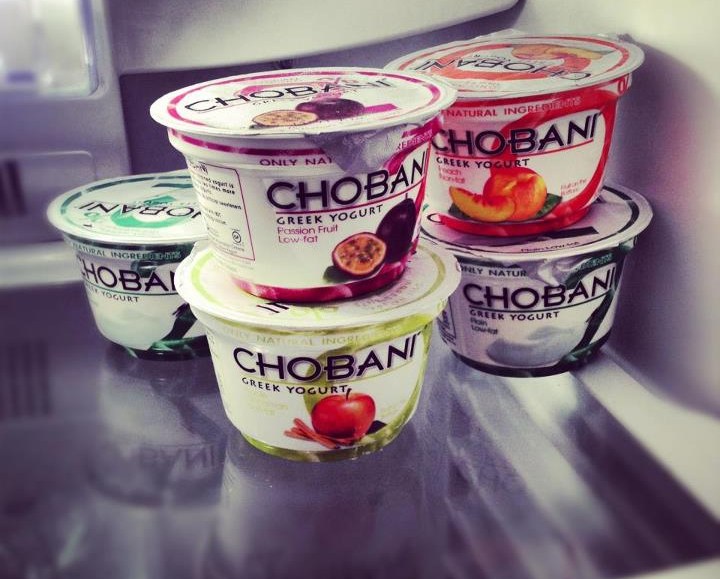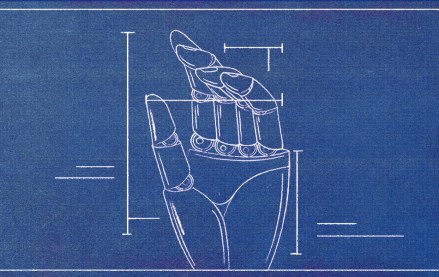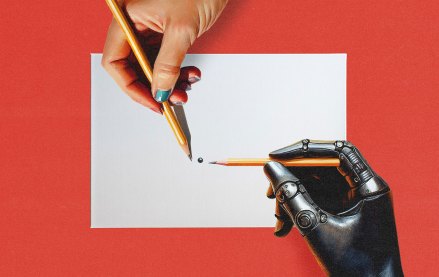
Greek yogurt wasn’t even a thing in the U.S. a few years ago, but today you can’t walk through a grocery store’s dairy section without seeing Greek yogurt taking up half the shelf space. Even Chobani’s chief marketing and brand officer Peter McGuinness never could have predicted the escalating “Yogurt Wars,” but they are absolutely going on, and so far, it seems that Chobani is winning.
Only six years old, Chobani is already the largest seller of Greek yogurt in the U.S., and, of course, the young brand wants to keep it that way. But in the increasingly cut-throat Greek yogurt market, McGuinness is wide awake to the challenges.
“When Chobani launched, Greek was only 1 percent of the market,” said McGuinness at the Association of National Advertisers’ Brand Masters Conference. “It’s the ‘Year of Yogurt’ at Walmart’ — it’s crazy, the world’s gone mad for yogurt, and yogurt is growing rapidly, and it’s going to take a lot of inspiration and innovation to make it grow further.”
Over the past year, Chobani has put an increased focus on its marketing efforts with its “How Matters” campaign and its Super Bowl spots, but another big piece has of course been social media. Digiday spoke with McGuiness about how Chobani is organized for digital, why the company didn’t leap on the Sochi Winter Olympics’ “great yogurt blockade” as a real-time marketing opportunity, and taking a stance on social and political issues as a brand. Some excerpts:
Why did Chobani stay quiet on social about the dispute with the Russian government over getting a shipment of yogurt to the U.S. Olympic team?
We were conflicted. We didn’t want to come across as over exploitative — that’s not the type of company we are. And it was happening so beautifully on its own, organically. We didn’t have to do so much with it. You can argue it’s as a missed opportunity, but organically it spread more quickly and more genuinely — 100 million impressions on Twitter and 380 million impressions overall. I don’t think we missed an opportunity. That was $70 million of media value, unpaid.
During the Games, Chobani denounced Russia’s anti-gay laws. Is it a brand’s place to take a stance on these kinds of social and political issues?
It depends on the brand. For us, we are young and entrepreneurial and privately owned and have a founder who is a big part of the brand, and he has personal beliefs, and a lot of his beliefs are manifested in the brand. He felt strongly about it, so I thought it was refreshing for us to do it. We want to contrast ourselves to big CPG companies in every way: culture, communication, the way we make our products.
How does Chobani organize for digital internally?
It’s still a work in progress. We have a digital group, a social group and an overall advertising group reporting to me. We have a loyalty department that takes a lot of complaints and stuff like that on Facebook, and they are embedded in that social group. I think it works fairly well. Some content generation is done internally; some is done through Droga, some through Weber. But all of it tightly approved by me within that group. I wouldn’t say it’s perfect. I’d say its chapter 1.5, but in five and half months, I can only do so much. I’m really happy with how our Instagram looks, how our Pinterest looks. We respond very humanly and personally. My whole thing with social is: act like a human, not like a company, and you’ll do great.
Image via Flickr
More in Marketing

Best Buy, Lowe’s chief marketing officers explain why they launched new influencer programs
CMOs launched these new programs in response to the growing importance of influencers in recommending products.

Agencies create specialist units to help marketers’ solve for AI search gatekeepers
Wpromote, Kepler and Jellyfish practices aim to illuminate impact of black box LLMs’ understanding of brands search and social efforts.

What AI startup Cluely gets — and ad tech forgets — about attention
Cluely launched a narrative before it launched a tool. And somehow, it’s working.





